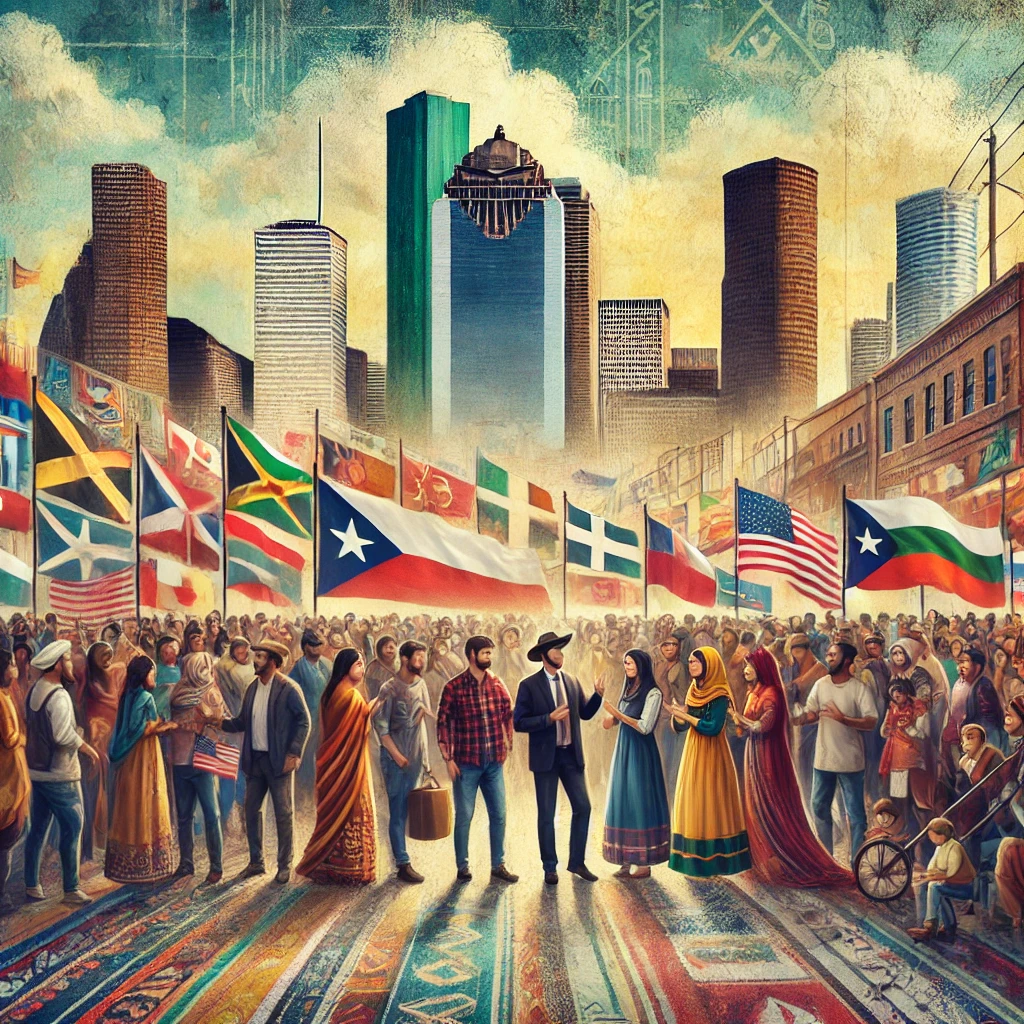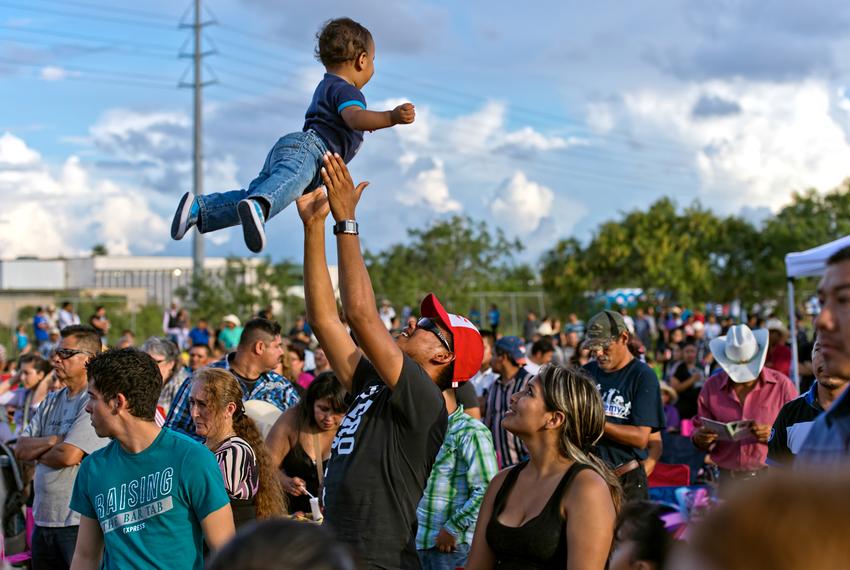Houston’s story is deeply intertwined with immigration. Over the years, the city has welcomed waves of refugees and immigrants, making it one of the most diverse metropolitan areas in the United States. Each wave brought its own challenges and cultural contributions, helping shape Houston into a vibrant, inclusive community.

Early Immigration Waves: A Foundation for Growth
In the late 19th and early 20th centuries, Houston began attracting European immigrants, primarily from Germany, Italy, and Poland. These early settlers contributed to the city’s agricultural economy and established communities that remain part of Houston’s cultural fabric today. Many of these immigrants settled in areas like the Heights, which became known for its European heritage.
Industrialization and the Demand for Labor
As Houston’s economy grew, thanks to the oil boom and the development of the Houston Ship Channel, the demand for labor surged. Immigrants played a crucial role in building the city’s infrastructure, from railroads to refineries. Their hard work laid the foundation for Houston’s economic expansion and solidified its status as an industrial hub.
The Rise of Hispanic Immigration
By the mid-20th century, Houston saw an influx of immigrants from Mexico and other Latin American countries. This wave of immigration was driven by both economic opportunities and political instability in neighboring regions. The establishment of industries such as construction and agriculture provided jobs for many of these new arrivals.
The Creation of Vibrant Hispanic Communities
Today, Houston’s Hispanic population is a significant part of the city’s identity. Neighborhoods like East End and Gulfton reflect the influence of Latin American culture, with restaurants, festivals, and markets showcasing the richness of the community. The city’s Hispanic heritage is also celebrated annually during events like Fiesta Houston and Cinco de Mayo parades.

Refugee Resettlement in Houston
Houston’s welcoming stance toward refugees began in earnest after the Vietnam War. In the 1970s and 80s, thousands of Vietnamese refugees arrived in the city, fleeing war-torn regions. These refugees found a home in neighborhoods like Alief, creating what is now known as “Little Saigon.” Vietnamese-owned businesses flourished, contributing to the economic and cultural diversity of Houston.
Other Refugee Communities
In more recent decades, Houston has continued to receive refugees from around the world, including Afghanistan, Iraq, and Somalia. The city’s resettlement agencies, such as Interfaith Ministries and the YMCA International Services, work tirelessly to help these newcomers integrate into society. These refugees add to Houston’s multicultural tapestry, bringing their traditions, cuisines, and languages to the city.
Houston’s Commitment to Diversity and Inclusion
Houston prides itself on being an inclusive city where people from all backgrounds can thrive. The city’s government and nonprofit organizations provide essential services to help immigrants and refugees adjust to life in the U.S. Programs focusing on education, housing, and job placement have ensured that newcomers feel welcome.
Festivals and Cultural Celebrations
Houston’s diversity is evident in the city’s vibrant cultural scene. Events such as the Houston International Festival and Turkish Fest highlight the contributions of immigrant communities. The city is also home to numerous cultural centers, including the Asia Society Texas Center and the Houston Museum of African American Culture, where visitors can learn about the traditions and stories of the city’s diverse population.

Challenges of Growth and Inclusion
While Houston has made strides in welcoming immigrants, challenges remain. Rapid population growth has put pressure on housing, transportation, and public services. Additionally, some immigrant communities face barriers to accessing education and healthcare. However, Houston’s community organizations and local leaders continue to advocate for policies that promote inclusion and opportunity for all residents.
The Future of Immigration in Houston
Houston’s role as a city of refugees and immigrants is far from over. The city’s growing economy, diverse job market, and welcoming culture will likely continue to attract people from around the world. As new challenges and opportunities arise, Houston will need to remain committed to fostering a sense of belonging for everyone who calls the city home.
Houston’s strength lies in its ability to adapt, embrace change, and celebrate the richness of its people. Its future, like its past, will be shaped by the contributions of immigrants and refugees, ensuring that Houston remains a beacon of diversity and opportunity.